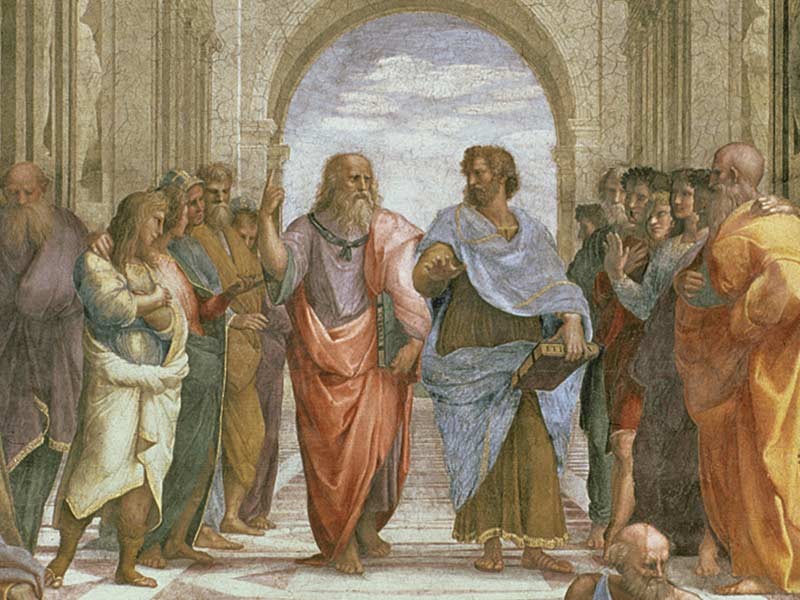At the website of the US journal The Point, philosopher Agnes Callard deconstructs the notion of advice – nuggets of supposed wisdom that promise to improve our lives in some important way. As Callard notes, social media has become a popular forum for soliciting and dispensing advice. But she argues that advice almost always fails to deliver the change in promises, due to the structure of the exchange that frames it. It presumes no knowledge of the specific situation of the person seeking the advice, and thus comes off as generic and hollow. Here’s an excerpt:
It would be really nice if information that could transform someone’s values was able to be handed over as cheaply as driving instructions. In such a world, people could be of profound assistance to one another with little investment in one another’s lives. The myth of advice is the possibility that we can transform one another with the most glancing contact, and so it is not surprising that one finds so much advice exchanged on social media. When people are not fighting on Twitter, they are cheerfully and helpfully telling one another how to live. In that context, advice functions as a kind of small talk or social glue: it helps people feel they are getting along in a space not bound together by any kind of shared weather.
There is probably nothing wrong with this, as long as we do not let it bleed into those contexts in which real assistance is possible. I do not have tips or tricks for becoming a philosopher to hand over to my students; my wisdom is contained in the slog of philosophical argument—the daily grind of reading old books, picking out the premises, tearing them apart. I can make you better at that, by showing you how to do more of this and less of that. I can’t help you become a philosopher without being your philosophy teacher, any more than I can massage you without touching you. Someone who wiggles her fingers and pretends she has magical powers isn’t actually getting you anywhere.
Image: The Raphael, The School of Athens (detail), 1509–1511.
